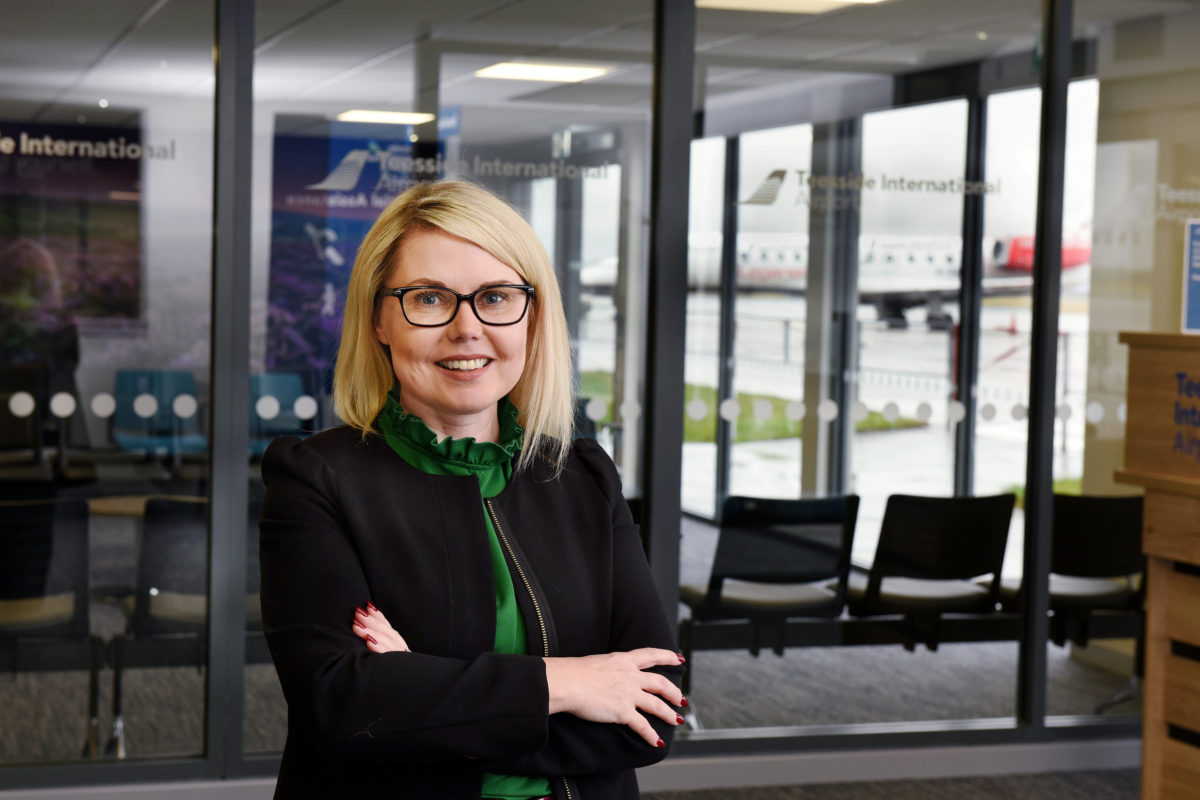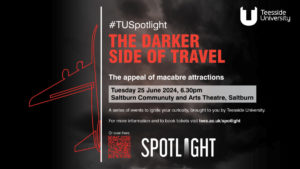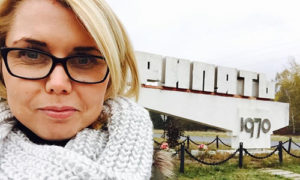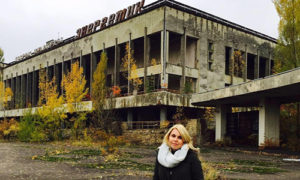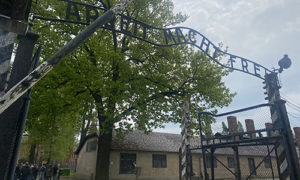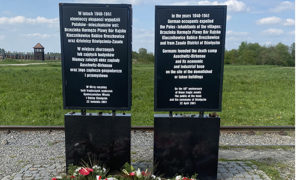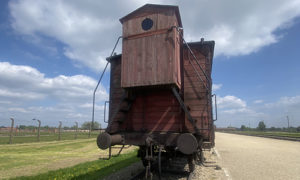For the majority of us, booking a holiday means a search for sunshine destinations, lively resorts, or secluded beaches for a bit of rest and relaxation.
But there’s also a trend among some travellers to seek out places historically linked with death and tragedy, as the phenomenon of dark tourism grows in popularity.
Locations linked with atrocities or natural disasters, or visits to the former homes of serial killers, nuclear disaster zone sites, and execution chambers are all fascinating to dark tourists.
Tourism expert Bev Boden will share insight into this growing area of tourism in a FREE Spotlight talk on June 25 at Saltburn Arts & Community Centre. Ahead of that, she spoke to Talking Teesside about what led her to join the growing number of dark tourists.
What sparked your interest in dark tourism?
Like many people, I watched the horror film Chernobyl Diaries, along with an array of Netflix series, including The Devil Next Door and the Dark Tourist. I realised that sites associated with death and disaster had mass appeal and global reach, in the sense that they were being packaged and commodified as a dark tourism brand.
There are locations which offer a chance to educate people and provide insight, along with the opportunity to learn from the past when shaping the future.
Where was the first ‘dark tourism’ destination you visited?
After watching the film Chernobyl Diaries, I visited the location in 2015 and quickly became fascinated. Having previously travelled to the site of the battlefields from the First and Second World War, the experience of Chernobyl felt distinctly surreal.
What was it like visiting this destination?
I had never experienced anything like it. The rules and regulations were frightening, not to mention visiting the ghost town of Pripyat, which was once home to 50,000 people and the workers of Chernobyl. It was quite surreal, and, even now, almost a decade later, it’s difficult to describe. The whole site was ravaged by radiation and knowing that the levels were still high added a certain level of tension. I was in shock and awe at the scale of the tragedy and how nature had reclaimed the land.
How did this trip spark your interest in visiting other destinations?
I realised that I was really interested in watching television shows and films related to the macabre, and also that dark tourism was a global phenomenon and that I wasn’t alone in seeking out these informative programmes.
A visit to the Auschwitz-Birkenau Memorial and Museum led me to ask myself – why do people travel to places associated with death, disaster, and suffering? Each year, 1.2 million people visit Auschwitz, so there is something to be said about the appeal of dark tourism.
I am currently working towards a doctorate at Teesside University, which involves an exploration of the impact that working at Auschwitz-Birkenau Memorial and Museum has on its guides. I have worked alongside and interviewed several guides, who all spoke about the importance of educating tourists about the past. As part of my academic research, I’m also creating a support guide for tour guides who are working tirelessly in the field for others. This is something I can give back to guides who dedicate their lives to educating others in such a moving way.
Why do you think there is so much interest in this kind of holiday destination?
It has changed my lens on the world and inspired me to aim to do more good. I have visited many dark sites, all of which affected my research and touched me, based on the preserved artefacts and the impact on people and place. I recently visited the Exorcist steps in Washington DC, the Arlington Memorial, also in DC, the 9/11 Memorial and Museum, and, much closer to home, the York Dungeon – all dark sites which educate uniquely.
What can people expect from your talk?
I continue to explore and research dark tourism, as it highlights sustainable tourism, tourist behaviour and the preservation of historic effects to educate future generations. Although dark tourism is not a new concept, it is helping to encourage people to visit places they might otherwise have not thought about visiting or learning about.
Find out more and book a FREE place to hear Bev’s Spotlight talk – The Darker Side of Travel – on June 25 at Saltburn Arts & Community Centre.

